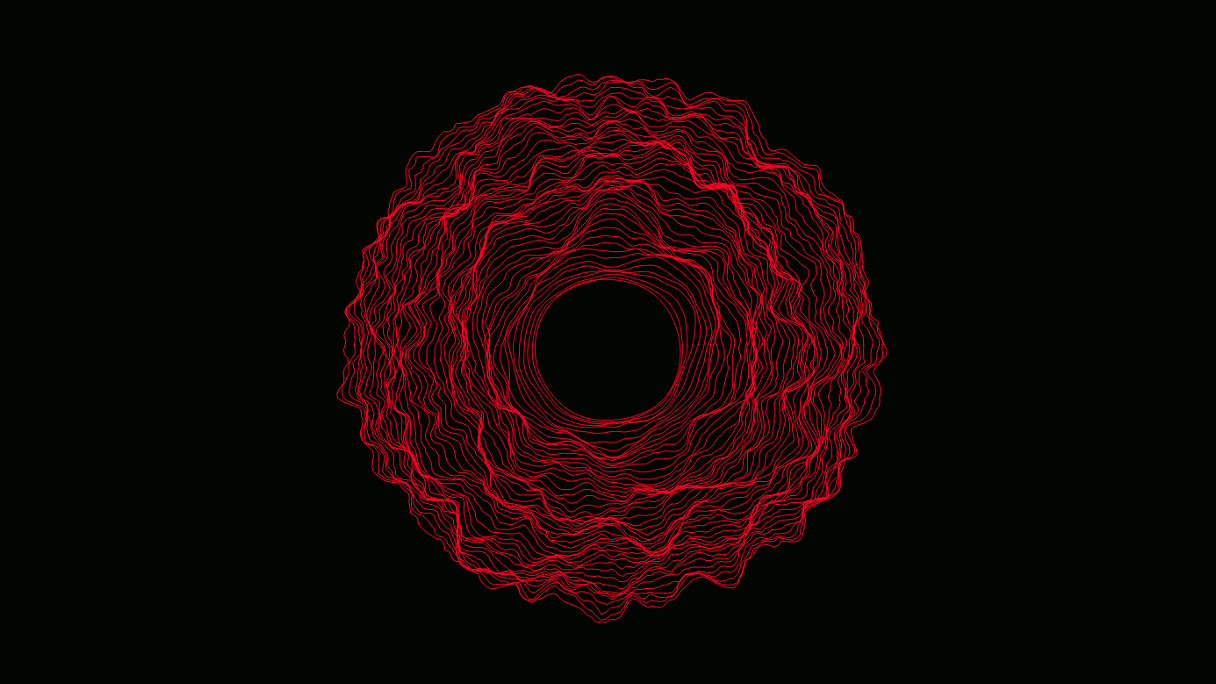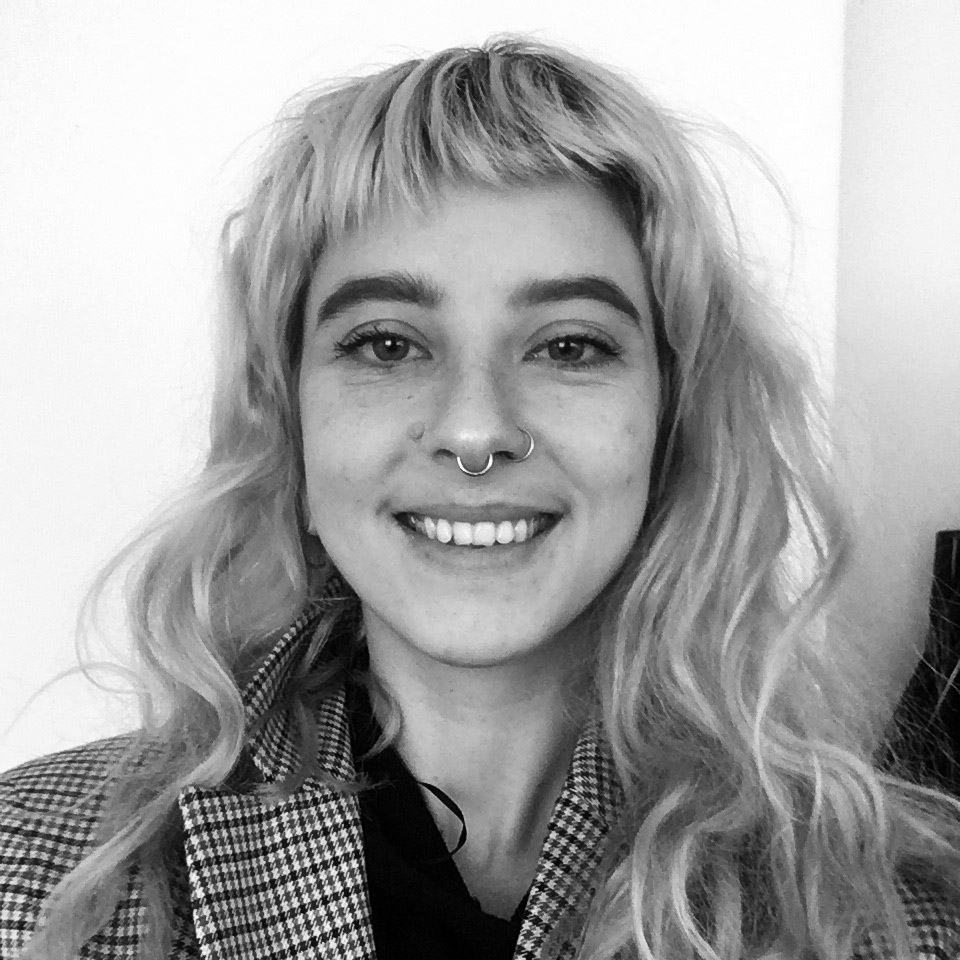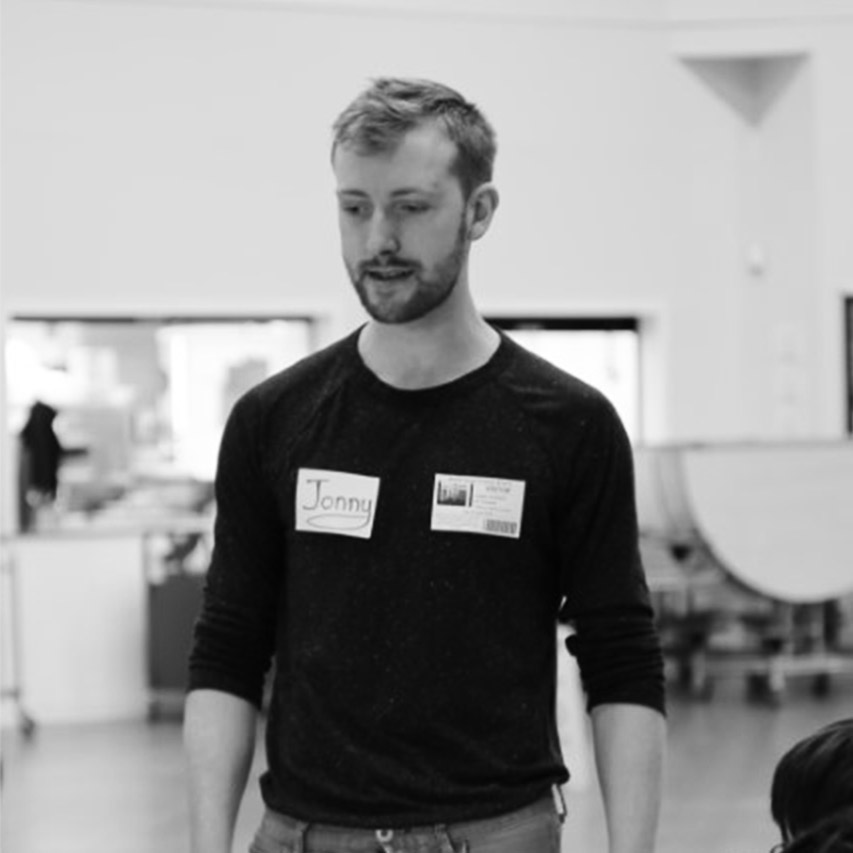Artist Bethany Hadfield takes you into a digital environment where blood vessels grow and the heart beats. This piece echoes the synthetic digital veins and arteries created to train artificial intelligence to recognise markers of heart disease.
Bethany is interested in exploring a multidisciplinary approach to art making and the ideas that manifest when art and science assimilate. She believes it is important to explore difference, rather than commonalities, and feels that if we bring together two quite different approaches the outcome will be unpredictable, which will result in creating something new for both artist and scientist.






